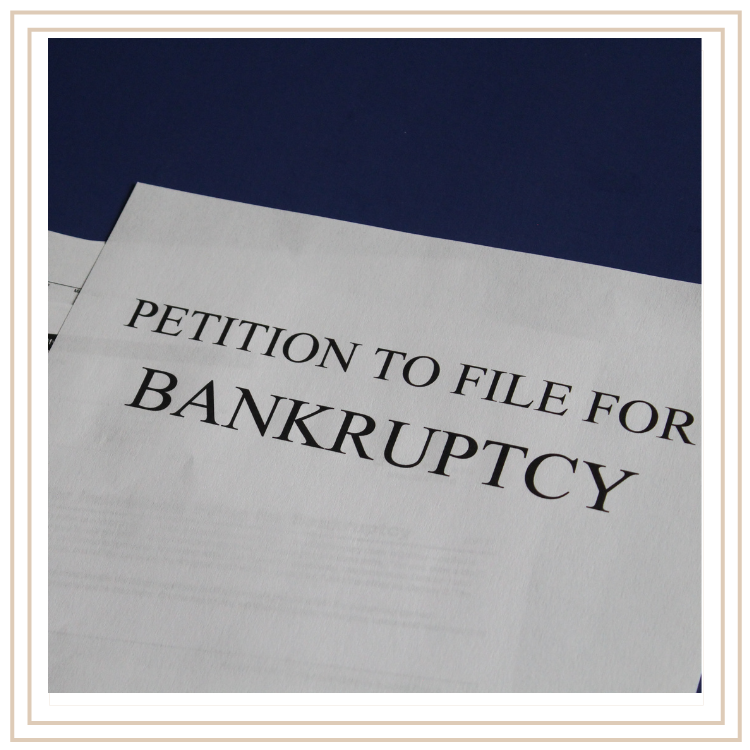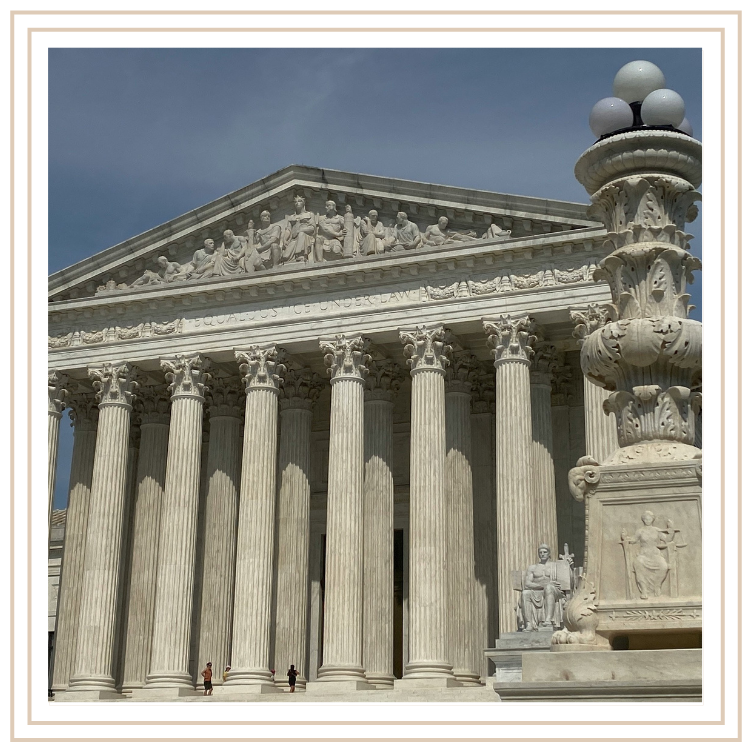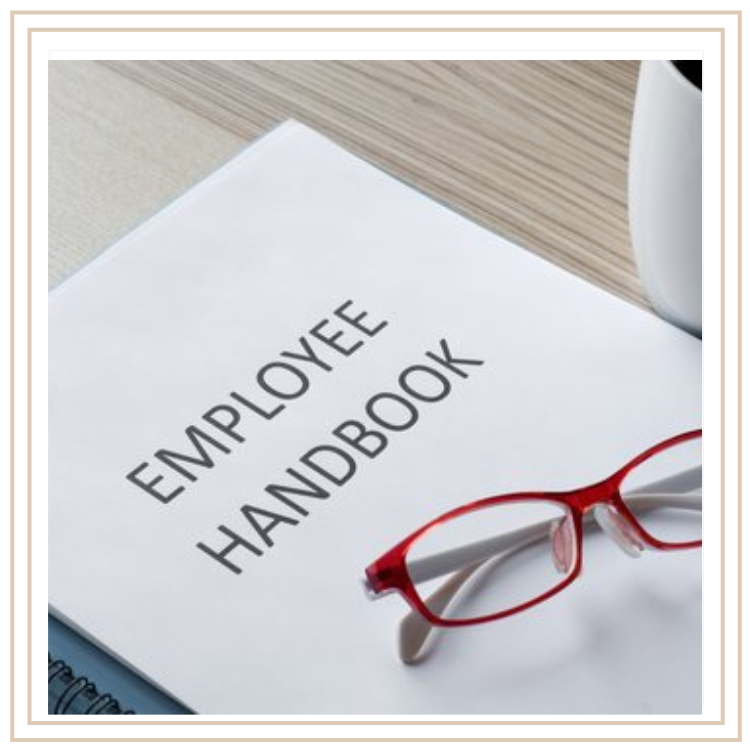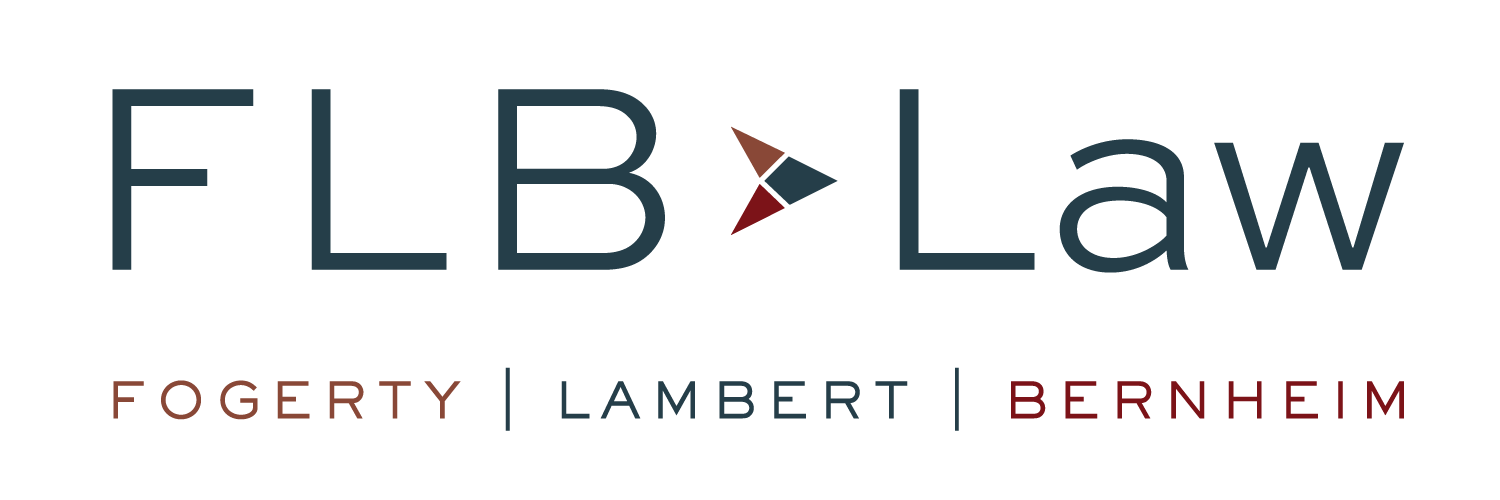FLB Insights

How Connecticut Defendants Can Limit Their Liability Amid Soaring Personal Injury Verdicts
Personal injury verdicts in Connecticut are reaching record levels. In recent years, juries have awarded tens of millions of dollars in damages, including a $100 million verdict in 2022 and a $45 million award in 2023. These cases, often involving catastrophic injuries and corporate defendants, highlight the need for defendants to take a proactive, strategic approach to mitigate risk.

How SCOTUS’s “Reverse Discrimination” Ruling, “McDonnell Douglas” Opinion Will Impact Connecticut Employers
On June 5, 2025, the U.S. Supreme Court issued a unanimous decision holding that so-called “reverse discrimination” claims under Title VII are to be evaluated under the same standard as claims brought by historically disadvantaged groups. In a concurring opinion, two justices questioned the continued validity of the long-standing “McDonnell Douglas” framework used when there is no direct evidence of discrimination. This ruling, along with the concurring opinion, carries important implications for employers in Connecticut.

How the Proposed Tax Bill Would Impact Connecticut Estates, Individuals, and Businesses
FLB Law attorney Les Grodd explains the landmark bill that would extend and expand provisions of the 2017 Tax Cuts and Jobs Act.

Connecticut Appellate Court Limits Scope of Litigation Privilege to Exclude Allegations That Fall Outside the Judicial Process
Connecticut courts have long applied the litigation privilege to shield lawyers and others from civil liability for statements made during legal proceedings. The doctrine encourages candid advocacy without fear of lawsuits. While courts have recently expanded these protections, a recent appeals case narrowed the scope, excluding alleged conduct occurring outside or before litigation.

Why You Should Not Hire a Non-Lawyer to Mediate Your Divorce
FLB Law ‘s Alan Rubenstein explains why you should hire a Family Law attorney meditator.

Arbitration Clauses Can Protect Consumer-Facing Businesses, but They Can Be a Double-Edged Sword
In an increasingly litigious society, companies that provide products and services directly to the public worry about the potential high costs of litigation. In an attempt to limit their exposure, many consumer-facing businesses include arbitration provisions in their customer contracts. But as some high-profile businesses have discovered, the use of arbitration clauses can backfire and wind up costing them more.

How Landlord or Tenant Bankruptcy Impacts a Commercial Lease
When a commercial landlord or tenant files for Chapter 11 bankruptcy, certain provisions in the bankruptcy code dictate how the commercial lease will be handled. This article breakdown of the rights and responsibilities of non-bankrupt parties to a lease in the wake of a bankruptcy declaration.

How Does “Qualified Immunity” Apply to Police Officers in Connecticut?
In the wake of George Floyd’s death during an arrest and other high-profile incidents involving excessive force used by police, many individuals, civic groups, and politicians have called for police reform and the end of a doctrine known as qualified immunity.

U.S. Supreme Court to Review “Reverse Discrimination” Standard, Decision Could Impact Connecticut Employers
The U.S. Supreme Court will decide whether members of “majority” groups have a heightened standard for pleading and proving workplace discrimination cases.

Four New Connecticut Laws to Know for Fall 2024
The law is constantly evolving. This fall, a spate of new laws impact Connecticut residents and businesses in various ways. Here is a roundup of four state laws that took effect October 1.

A Plan to Provide CT Zoning Boards of Appeal with a Relevant Definition of “Exceptional Difficulty or Unusual Hardship.”
Managing Partner Eric Bernheim provides suggestions on how to do define “exceptional difficulty or unusual hardship.”

SCOTUS Decision Lowers Threshold for Discrimination Lawsuits for Job Transfers
A recent U.S. Supreme Court ruling will make it easier for employees to bring discrimination claims against their employers for job transfers and other lateral job changes. In Muldrow v. City of St. Louis, the high court held that Title VII of the Civil Rights Act prohibits discriminatory job transfers even if the transfer does not cause “significant harm” to the employee. In ruling that an employee need only show “some harm” with respect to an identifiable term or condition of employment, the court may have opened the door to a broader scope of bias lawsuits.

The Corporate Transparency Act: What Every Small Business Must Know About Their Reporting Obligations
The Corporate Transparency Act (CTA) took effect on January 1, 2024, adding another layer of compliance for most businesses. It is important for business owners to understand their obligations under the CTA since the potential penalties for noncompliance are severe

Connecticut Legislators Consider Reductions to Personal Injury Awards Involving Collateral Source Payments
In Connecticut, lawmakers are considering a bill that would reduce economic damages in personal injury and wrongful death awards where a third party has a right of subrogation arising from collateral source payments. Senate Bill 213, which is currently before the Connecticut General Assembly’s Committee on the Judiciary, has widespread support from the defense bar and industry groups, while the plaintiffs’ bar argues it would unfairly impact those harmed by negligent actions.

Seven End-of-Year Lease Considerations for Restaurant Tenants
FLB Law’s Real Estate & Land Use Practice provides seven year-end considerations for restaurant tenants.

FLB Law Provides Resources for Year-End Tax Planning
FLB Law provides resources for businesses and individuals created and published by Thomas Reuters.

Attaching Menus to Leases: An Innocuous Request From the Landlord, or Is It?
Landlords are asking restaurants to attach their menus to their lease agreements. Is this a benign request, or could it cause issues during the life of the lease? Check out this blog by Eric Bernheim to find out.

Municipalities Scale Back Minimum Parking Requirements
Managing Partner Eric Bernheim explains the lastest trends in parking requirements in Connecticut.

Connecticut Court Clarifies Definition of “Supervisor” for Hostile Workplace Complaints
Partner Joshua Auxier explains a recent decision by the CT Appellate Court related to what constitutes a hostile work environment and the definition of a supervisor.

Seven Things to Consider When Selling a Business
Rick Costantini shares seven important things to consider when selling a business.
